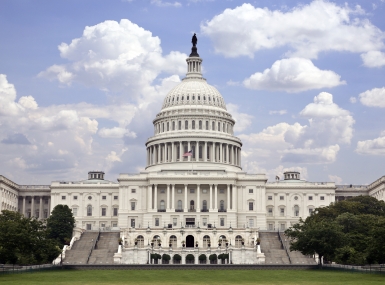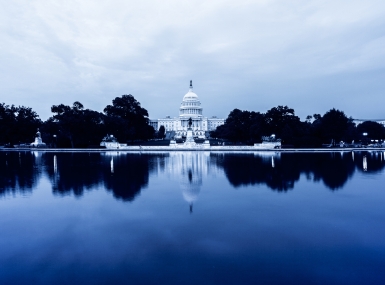Another move in the chess game to dismantle Quill
Alabama sales tax lawsuit follows similar one in South Dakota
An internet retailer has filed suit against Alabama claiming its new rule requiring all retailers to collect sales tax if they sell more than $250,000 in goods annually — regardless of whether the retailer has a physical presence in the state — is unconstitutional.
This lawsuit is the second of its kind. Earlier this spring, a lawsuit was filed against South Dakota challenging its law, which is similar to Alabama’s rule.
Last March, U.S. Supreme Court Justice Anthony Kennedy wrote a concurring opinion stating that the “legal system should find an appropriate case for this court to re-examine Quill.”
In Quill Corp. v. North Dakota, decided in 1992, the Supreme Court held that states couldn’t require retailers without an in-state physical presence to collect sales tax. Kennedy criticized Quill in Direct Marketing Association v. Brohl for many of the same reasons, the State and Local Legal Center stated in its amicus brief.
Specifically, internet sales have risen astronomically since 1992, and states are unable to collect most taxes due on sales from out-of-state retailers.
Congress could overturn the Quill decision but has repeatedly refused to do so.
Alabama’s rule, which became effective Jan. 1, was intended to contradict Quill and unsurprisingly generated a lawsuit.
The Alabama lawsuit was filed in the Alabama Tax Tribunal while the South Dakota lawsuit was filed in state court. Regardless of the venue, if either of these cases reaches the Supreme Court, the states will face an uphill battle. To rule in favor of the states the administrative agencies or lower courts would have to abrogate Quill v. North Dakota, a step that any administrative agency or lower court would be more than reluctant to take. All administrative agencies and lower courts are required to follow rulings of the Supreme Court.
So probably South Dakota and Alabama will lose at every turn before either of the cases makes it to the Supreme Court. For Supreme Court review, four of the nine (currently eight) Supreme Court justices must agree to hear the case.
NACo is a founder, board member and funds the State and Local Legal Center, headquartered in Washington, D.C. SLLC extends NACo’s advocacy on behalf of counties to the nation’s highest court.
Attachments
Related News

U.S. Congress passes reconciliation bill: What it means for counties
On July 3, the U.S. Congress passed sweeping budget reconciliation legislation.

U.S. Senate passes amended reconciliation bill text: What it means for counties
On July 1, the U.S. Senate narrowly passed their version of sweeping budget reconciliation legislation.

County Leaders Visit Washington to Share Local Perspective on Budget Reconciliation
Elected officials from five states sound alarm about administrative and funding changes to SNAP and Medicaid.
